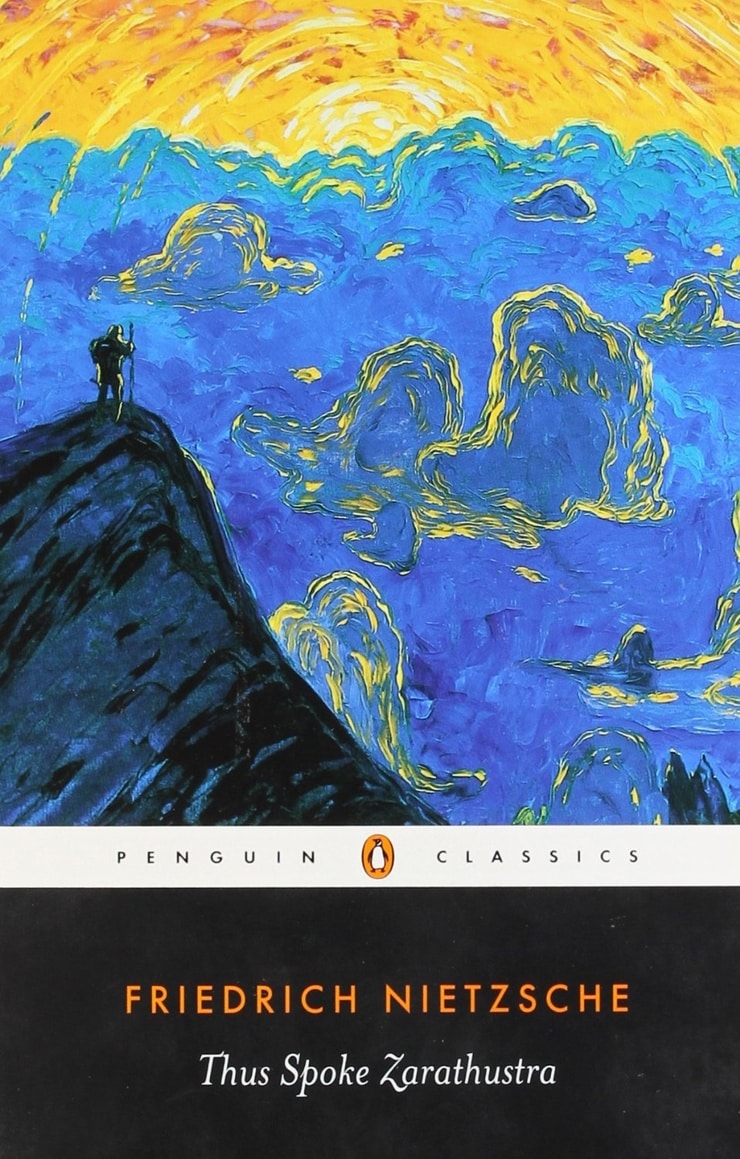

Says Nietzsche's Zarathustra, "All 'it was' is a fragment, a riddle, a dreadful accident-until the creative will says to it, 'But thus I willed it thus shall I will it.'" "As creator, guesser of riddles, and redeemer of accidents," Zarathustra goes on to say, "I taught them to work on the future and to redeem with their creation all that has been. Walter Kaufmann (New York: Random House, Vintage, 1969), 308. Walter Kaufmann (with On the Genealogy of Morals ), ed.

Friedrich Nietzsche, Thus Spoke Zarathustra, in The Portable Nietzsche, 251, 253. Nietzsche wanted to be able to say "Yes to the point of justifying, of redeeming, even all of the past." In a world of nothing but history, redemption would entail understanding the whole past, in all its contingency, as necessary to the resulting of our particular present-and saying that we would not have it otherwise.Īt first glance, the lack of metaphysical grounding seemed to afford unlimited scope for creative human will to reshape the past to serve this present purpose.

Says Nietzsche's Zarathustra, "A new will I teach men: to will this way which man has walked blindly, and to affirm it, and no longer to sneak away from it like the sick and decaying." So to dissolve the burden of "it was," we must come to terms with the particular way the world has been by inquiring into it and, on that basis, specifying an understanding of the past and its connection with us that we can affirm. The past is heavy, not airy and weightless, precisely because it was a certain way and not some other so it will not do simply to turn away from it, laugh at it, or play with it. But something about the experience bound up with that response led Nietzsche to push beyond, to what we might call a "posthistoricist" position, a mode of individual experience emptied of genuinely historical consciousness. The first, accenting the scope for will, creativity, and radical historical questioning, proved congruent with a radical historicism. That effort ultimately led Nietzsche in two innovative directions. Especially in Thus Spoke Zarathustra, Nietzsche sought to envision redemption from the weight of "it was," the unwilled past. Our present and we ourselves seem to have resulted from a past that is not freely chosen-that has, in fact, the freakish, capricious consistency of "dreadful accident." Yet its weight is overpowering. With the reduction to history, we initially experience our connectedness with the past as a limitation and burden.


 0 kommentar(er)
0 kommentar(er)
